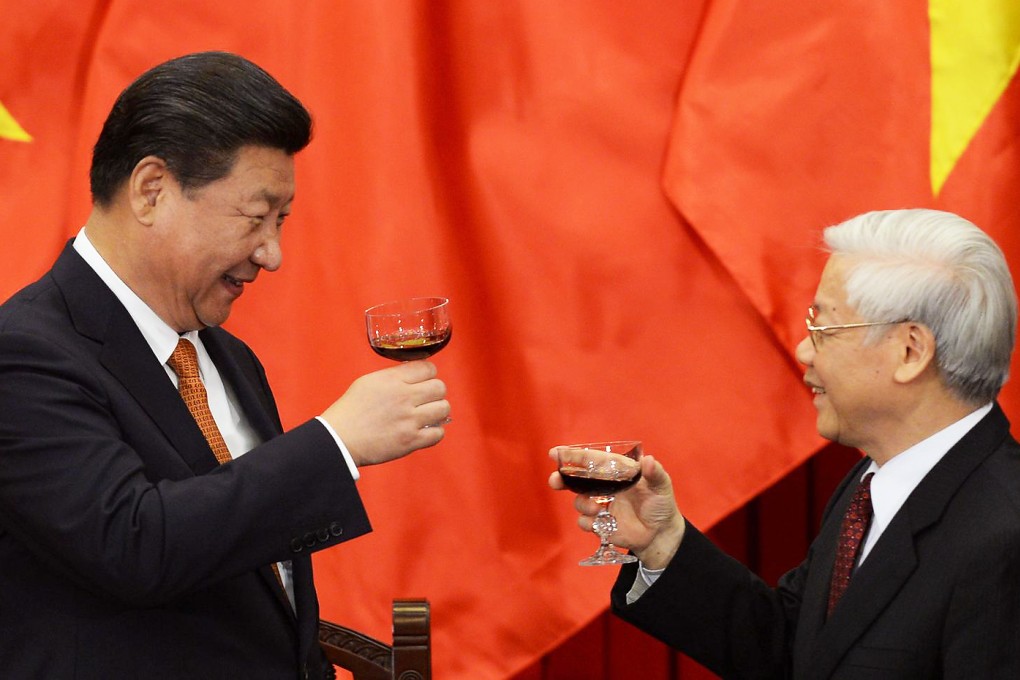Seven suggestions from Xi: Chinese leader calls on Vietnam to boost military and maritime ties among raft of proposals
President urges settlement of territorial disputes as China agrees deals worth more than ¥1 billion

President Xi Jinping called on China and Vietnam to increase military and maritime cooperation as he began a trip to the communist neighbour yesterday, stressing the proper settlement of territorial disputes amid friction in the South China Sea.
Xi, the first Chinese president to visit Hanoi in 10 years, said he hoped for a higher-level partnership with Vietnam and pledged to support the rule of its Communist Party as he received a 21-gun salute at the Presidential Palace.
Analysts said the grand welcome was a sign Hanoi still needed Beijing to support its long-term political and economic development despite moves by the United States to strengthen its presence in the region. In July, US President Barack Obama pledged to visit Vietnam "soon".
READ MORE: Vietnam president: We oppose China's nine-dash line claim
In his talks with Vietnam's Communist Party chief Nguyen Phu Trong, Xi raised seven proposals to boost ties between Beijing and Hanoi, and vowed to support Vietnam on the socialist path of development.
"The two sides should push for maritime cooperation," he was quoted as saying by state-run CCTV.
"Both sides should properly resolve their disputes in maritime issues through mutual consultation, cooperation and development."
They should also boost cooperation in military affairs, United Nations peacekeeping, cybersecurity and international affairs.
China would increase investment and trade in Vietnam, Xi added.